Master of Science in Genetic & Plant Breeding
January 21, 2024 2024-03-22 6:36Master of Science in Genetic & Plant Breeding
Master of Science
in Genetic & Plant Breeding
Course Duration : 2 Years
About this Course
Plant breeding and genetics provides a comprehensive understanding of how genetic principles can be applied to improve crop productivity, sustainability, and resilience in the face of global challenges like climate change and food security. It combines theoretical knowledge with practical skills, preparing students for careers in plant breeding, agricultural research, biotechnology, and related fields. Plant breeding and genetics is a field of study that focuses on improving plant species for specific traits such as yield, resistance to diseases and pests, nutritional quality, and adaptability to different environments.
Here's an overview of what you might expect from a course in plant breeding and genetics: Plant Reproduction and Development, Quantitative Genetics Genetic Engineering and Biotechnology, Breeding Methods and Strategies, Plant Genomics and Bioinformatics, Plant Improvement for Specific Traits .
Some of the Popular Career Paths Include
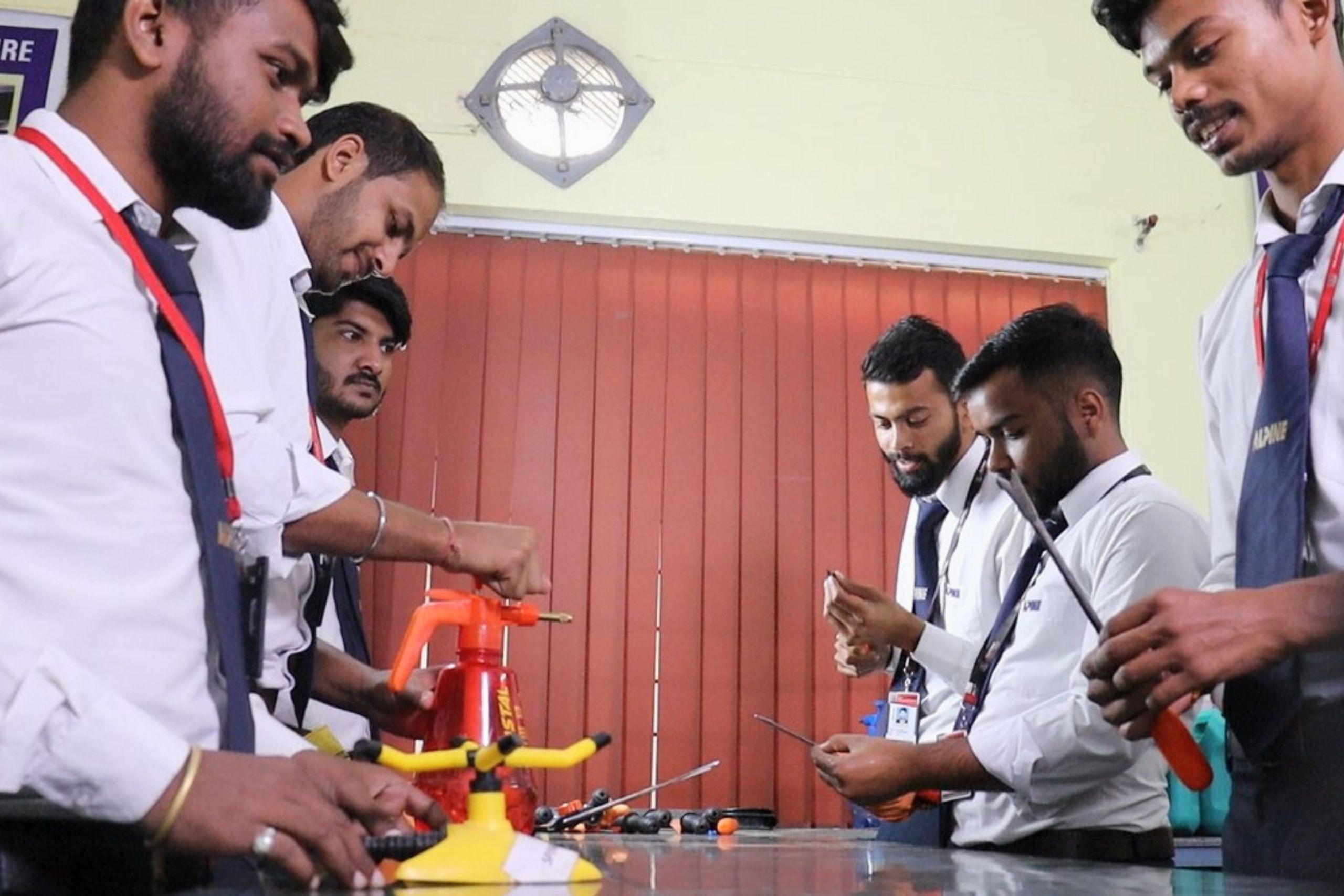
Life of a
Student in Genetic & Plant Breeding
Merge the worlds of genetics and plant breeding in this specialized Master's program. Explore how genetic advancements can enhance pharmaceutical crop yields and contribute to the development of genetically modified medicines. Your journey involves shaping the future of pharmaceuticals through innovative genetic and plant breeding practices.
Download Brochure
Our Proud Alumni

Animesh Banerjee

Jameson

Mritunjay Chaudhary

Lakshmi S. Nath

Pasan Pavan Kalyan

Rahul Jaiswal

Shivam Kumar

Yadhika Ghatani

Praveen Kumar Thakur

Shaswat Deep

Ritik Kumar
Photo Library
Crafting careers, fueling dreams. Where learning meets adventure, everyday.





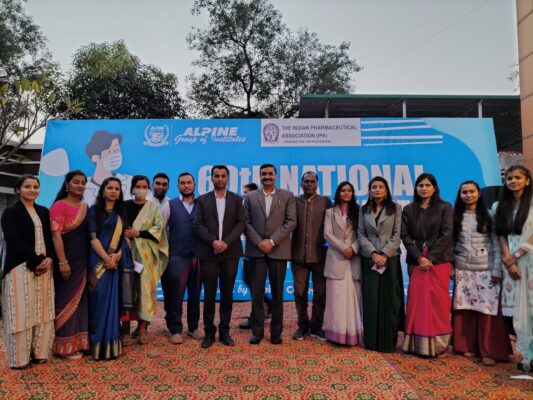
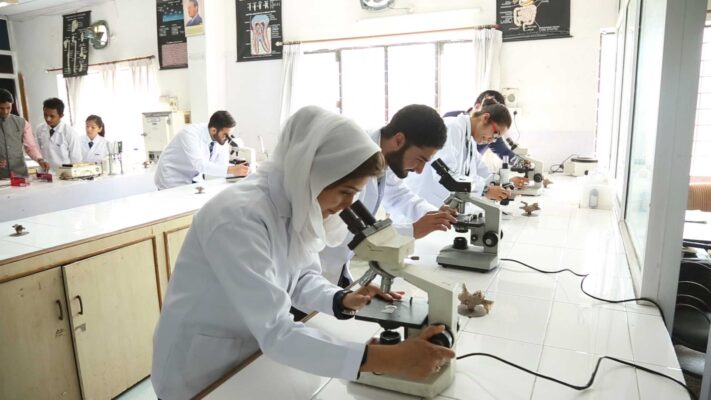
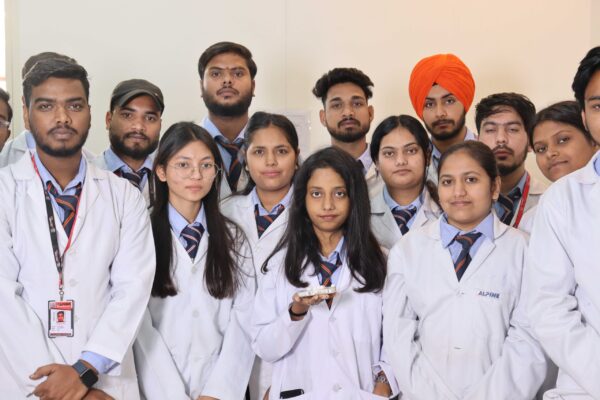
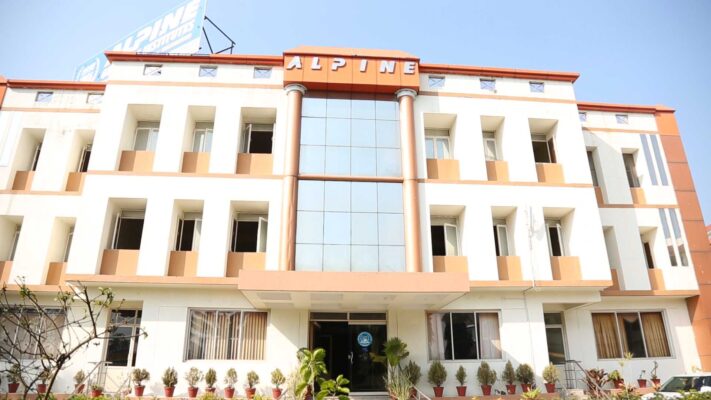

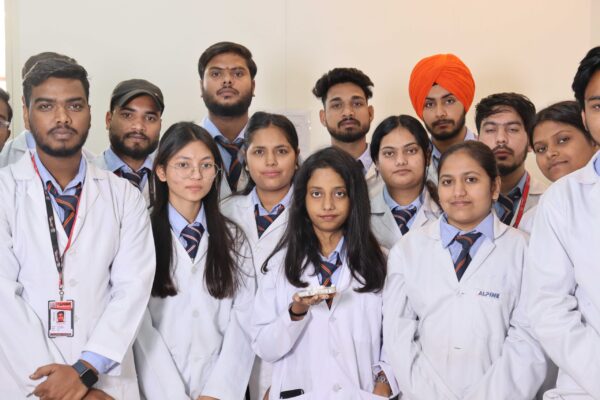

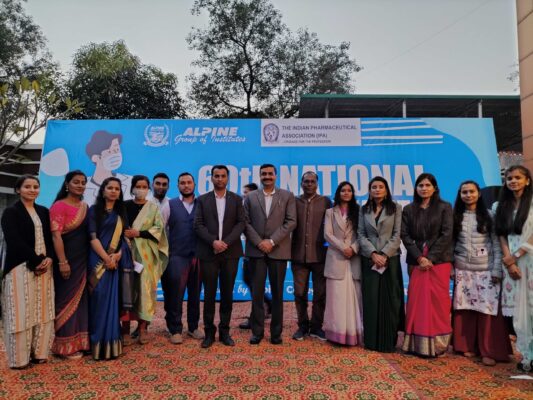

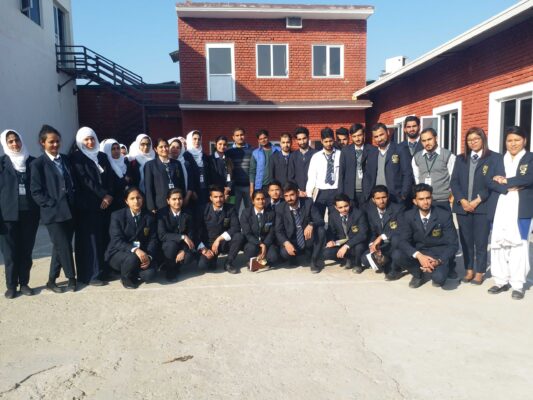
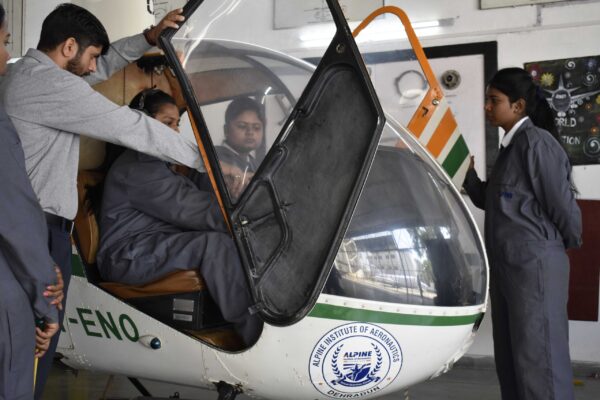

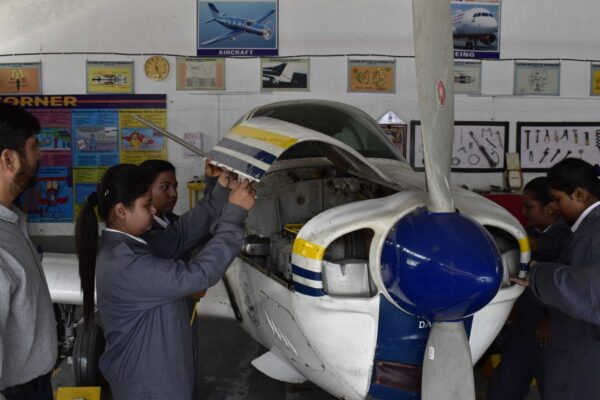
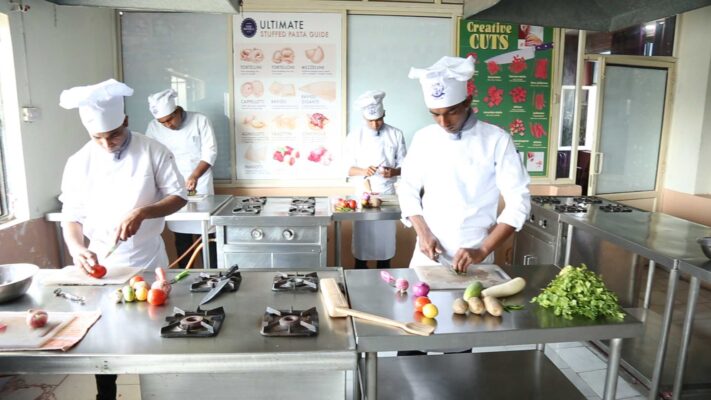
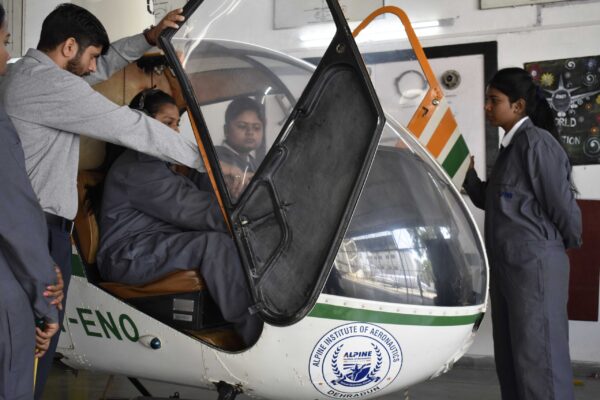
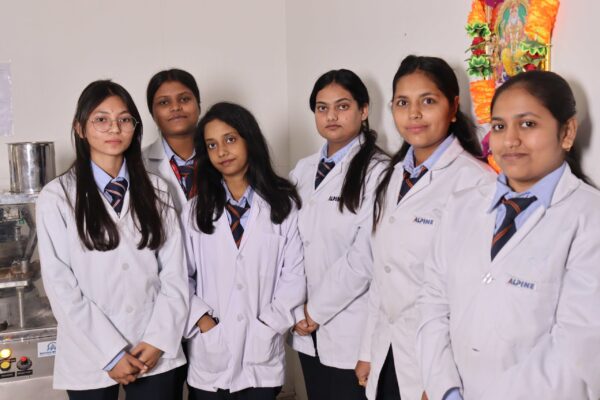

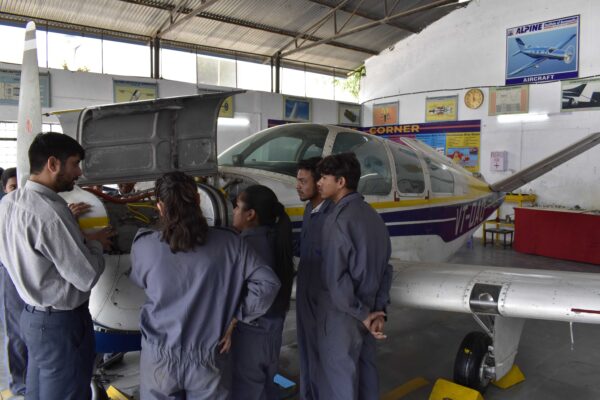


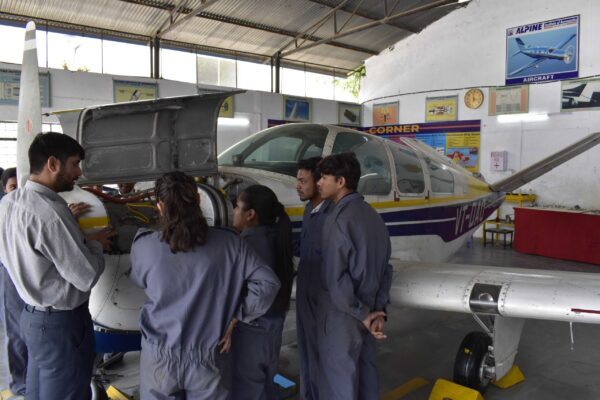
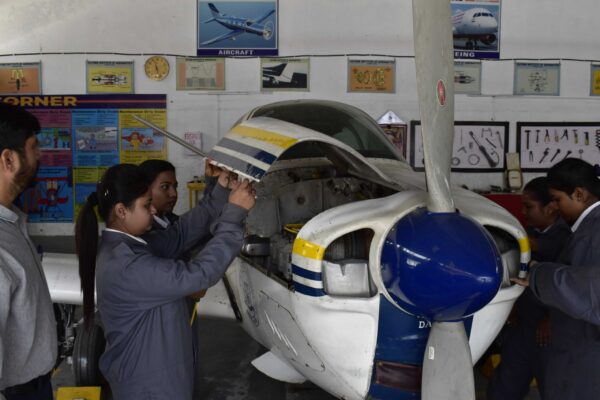



Frequently Asked Questions
Master of Science in Genetics and Plant Breeding opens up a wide array of career prospects in agriculture, biotechnology, research, and academia. Graduates can pursue roles as plant breeders, geneticists, research scientists, agronomists, or biotechnologists in both public and private sectors. They may work in seed companies, agricultural research institutions, government agencies, or universities. Responsibilities may include developing new crop varieties, improving crop traits, conducting genetic research, or implementing sustainable agricultural practices. Additionally, opportunities exist in consulting, teaching, and policy-making related to plant genetics and agriculture.
A Master of Science in Genetics and Plant Breeding offers numerous benefits. Firstly, it provides specialized knowledge and skills in genetics, breeding techniques, and agricultural practices, enhancing employ ability in various sectors of agriculture and biotechnology. Secondly, Masters in GPB can contribute to addressing global challenges such as food security, climate change resilience, and sustainable agriculture through the development of improved crop varieties.
Additionally, the degree offers opportunities for research, innovation, and professional networking in academia and industry. Moreover, it fosters critical thinking, problem-solving abilities, and a deep understanding of plant biology, positioning graduates for fulfilling and impactful careers in the field.
The main requirements for admission to a Master of Science program in Genetics and Plant Breeding in Dehradun colleges typically include a bachelor’s degree in a relevant field such as biology, agriculture, botany, genetics, or biotechnology from are cognized institution.
Candidates should demonstrate a strong academic background, often with a minimum GPA or percentage specified by the college. Many institutions require applicants to qualify in a relevant entrance examination like GATE. Additionally, letters of recommendation from professors or professionals and a statement of purpose outlining academic background, research interests, and career goals are commonly requested. Proof of English language proficiency may also be necessary for non-native English speakers. Other documents like transcripts and identification proof may also be required.
M.Sc. in Genetics and Plant Breeding covers a broad range of subjects essential for understanding and manipulating plant genetics. Topics include principles of genetics, molecular biology, plant breeding methodologies, biotechnology applications, genomics, and crop improvement strategies. Students learn about genetic diversity, hybridization techniques, marker-assisted selection, and genetic modification. Additionally, coursework delves into plant physiology, bioinformatics, statistical analysis, and agricultural biotechnology. Practical training often involves fieldwork, laboratory experiments, and research projects aimed at developing new crop varieties with desirable traits such as higher yield, disease resistance, and nutritional value, preparing graduates for careers in agricultural research, biotechnology, and academia.



